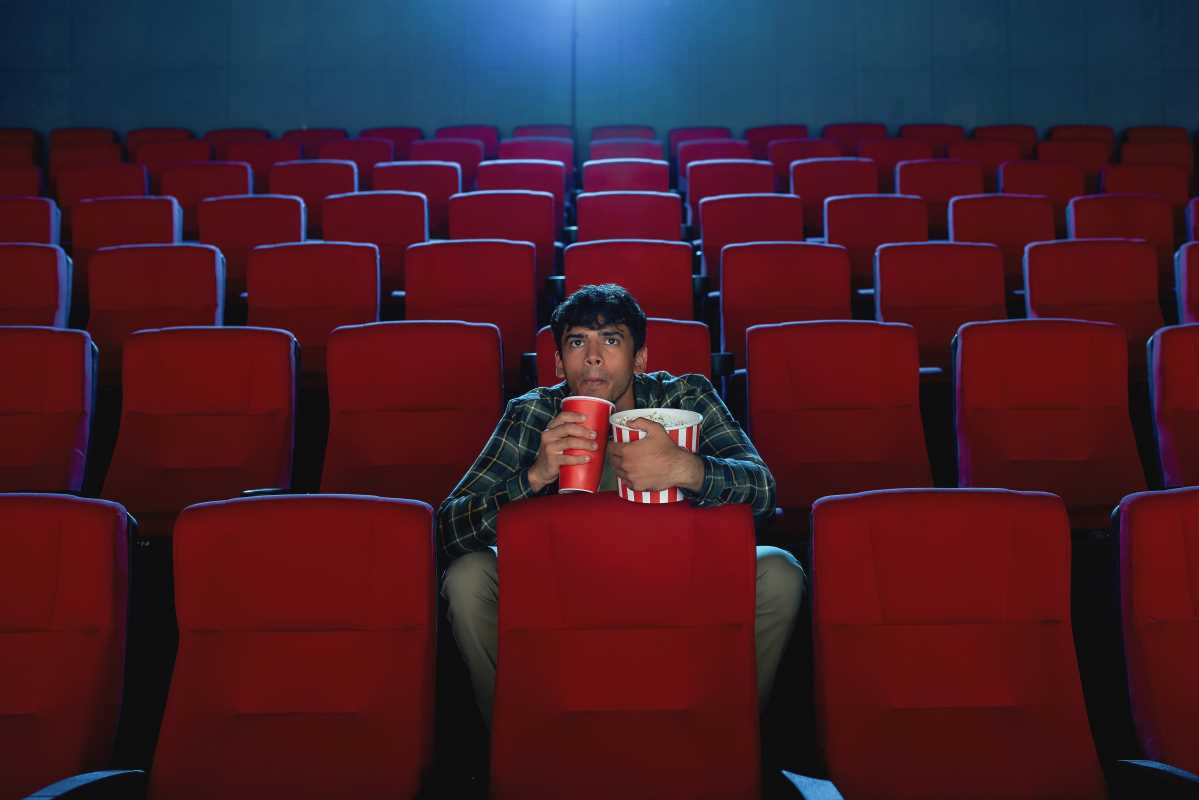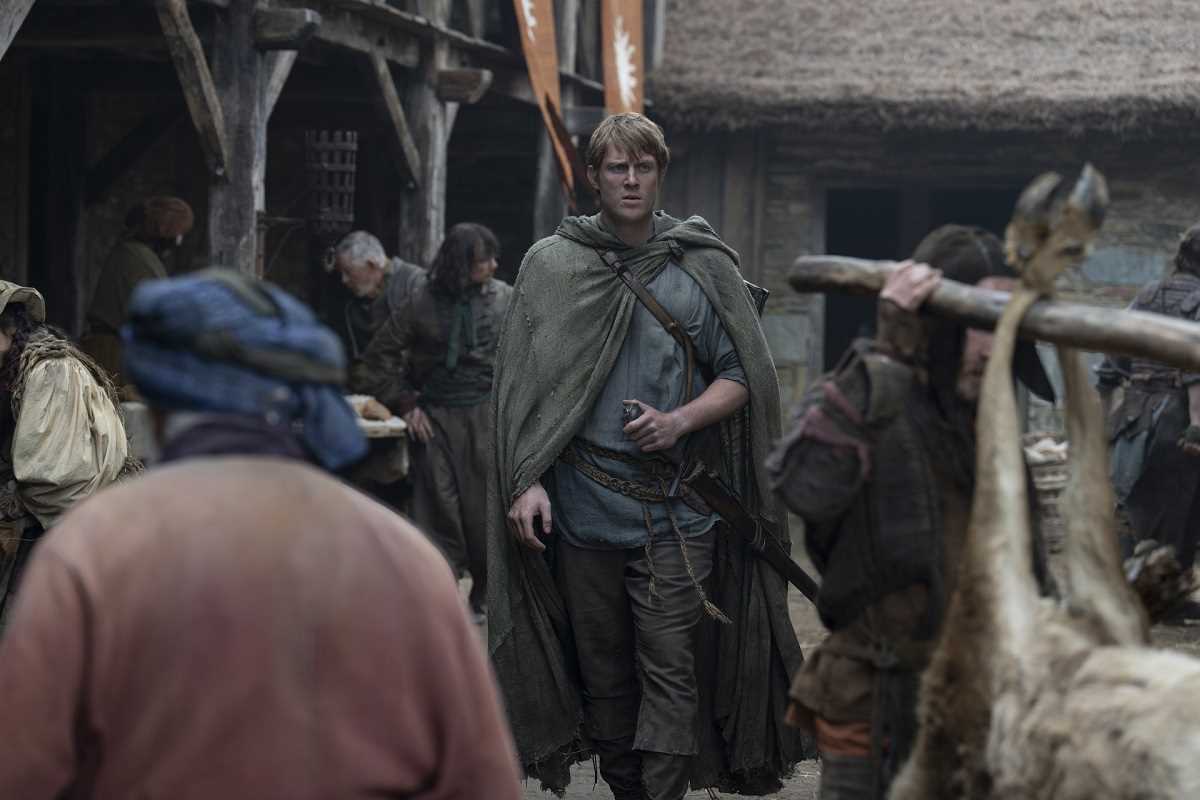Movie adaptations can be a double-edged sword. On the one hand, they breathe new life into beloved stories, introducing them to wider audiences and new generations. On the other, they carry the weight of massive expectations from fans of the original books. When filmmakers take significant liberties with the source material, it can lead to widespread frustration and disappointment. Whether due to creative differences, commercial motivations, or sheer misunderstanding of the original work, some adaptations have veered so far from their literary roots that they seem to disregard the books entirely. Here, we’ll explore some of the most glaring examples of such adaptations, their reasons for change, and the reactions they’ve provoked.
World War Z (2013)
Max Brooks’ World War Z is a beloved oral history of the zombie apocalypse, told through the accounts of survivors around the globe. Its episodic, interview-driven narrative provides a hauntingly realistic approach to a fictional catastrophe. Readers cherished the book for its nuanced exploration of politics, human nature, and society’s capacity to deal with disasters.
The movie adaptation, starring Brad Pitt, discarded nearly all of that. Instead of a sprawling global tale with multiple voices, it became a straightforward action film focused on a single protagonist racing to find the cure for a zombie outbreak. Gone were the political commentaries and individual survivor stories that made the book so unique.
The reason for this massive shift? Hollywood’s love affair with action-oriented blockbusters. A film that stuck closely to the interview format of the book was deemed too risky, lacking the broad appeal needed to guarantee box office success. While the movie performed well financially and found an audience with action fans, World War Z readers were left bewildered and unsatisfied. The depth, sophistication, and essence of the book simply didn’t make it to the screen.
Percy Jackson & The Olympians: The Lightning Thief (2010)
Rick Riordan’s Percy Jackson & The Olympians series has earned legions of dedicated fans with its modern take on Greek mythology, humorous tone, and relatable young characters. The first book in the series, The Lightning Thief, follows Percy as he discovers he’s a demigod and sets off on a dangerous mission to recover Zeus’s stolen lightning bolt.
However, the film adaptation alienated many fans by making drastic changes to the plot, tone, and characters. For starters, book Percy is only 12 years old, while in the film, the character is aged up to 16. This shift not only removed the coming-of-age element that was central to the series but also altered key dynamics between the characters. The plot was simplified, significant moments were cut, and the finer details of Greek mythology were glossed over. To add insult to injury, major deviations from the story made it impossible for the sequels to follow the books faithfully.
Rick Riordan himself has been candid about his dissatisfaction with the adaptation, once stating that he hadn’t even watched the movies because of how unhappy he was with the scripts. The result? A disappointed fan base and an adaptation that fell far short of the expectations established by the beloved source material.
The Shining (1980)
Stephen King’s The Shining is an iconic horror novel layered with themes of addiction, family, and psychological unraveling. When Stanley Kubrick adapted it into a film, he delivered a cinematic masterpiece—but one that stood at odds with King’s original vision.
Kubrick’s The Shining made significant changes to the characters and plot. The most glaring alteration was the portrayal of Jack Torrance. In the novel, Jack is a deeply flawed man battling his alcoholism and inner demons, making his descent into madness all the more tragic. In the film, Jack Nicholson’s performance leaned heavily into the character’s psychotic side right from the start, losing the slow-burn nature of his fall.
The ending was also completely altered. While the book offers catharsis through Jack's redemption and eventual sacrifice to save his son, Kubrick’s film opts for a far more ambiguous and chilling conclusion. Stephen King famously disliked the adaptation, criticizing it for its lack of emotional depth and its cold treatment of the characters.
While The Shining is considered a cinematic masterpiece, it also stands as an example of a filmmaker imposing their vision so strongly that the essence of the book is largely lost. To this day, fans are divided on whether the film enhances or undermines King’s original work.
Why Do These Changes Happen?
Deviations from books often boil down to practical or commercial considerations. Adapting a novel into a feature film requires condensing hundreds of pages into roughly two hours of screen time. This means subplots, secondary characters, and detailed world-building are often sacrificed for the sake of pacing and clarity.
Other times, changes stem from creative differences. Directors and screenwriters may have their own interpretations of the story and choose to prioritize cinematic appeal over fidelity to the book. Studios also play a huge role in shaping adaptations, often pushing for changes that are believed to cater to general audiences or maximize profitability.
The Impact on Fans and the Original Work
For readers, seeing a beloved book altered beyond recognition can feel like a betrayal. The connection they’ve built with the characters and story is diminished when an adaptation abandons the core elements that made the book special.
However, some film adaptations that disregard their source material carve out success on their own terms. Kubrick’s The Shining and Peter Jackson’s The Hobbit trilogy (albeit a prequel full of liberties) have their own legacies, distinct from the books they were based on. But more often than not, diverging too far from the original story damages the adaptation’s reception and weakens the bond between fans and filmmakers.
When faithful adaptations succeed, they create a bridge between two mediums, celebrating and amplifying the legacy of the source material. However, when adaptations disregard the heart of the books they’re translating, they risk alienating fans and missing the mark entirely. Movies like World War Z, Percy Jackson, and The Shining are cautionary tales of how creative liberties can sometimes overshadow the original works, leaving readers with the bittersweet realization that “the book was better.”







